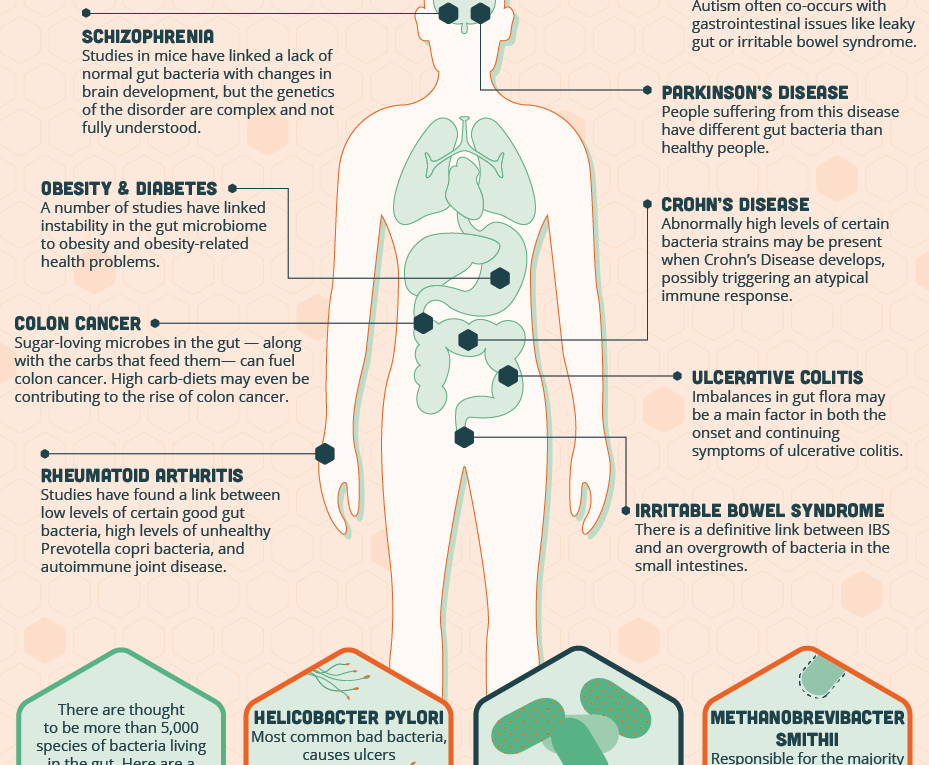Gut Health Concerns: Impact of Popular Diets Revealed
Studies indicate that low-carb diets like paleo and keto, though widely accepted as diet options, may not necessarily provide optimal gut health benefits.
Researchers discovered that, out of five eating patterns, people who followed an exclusion diet consisting primarily of fats, non-starchy vegetables and animal products had lower Bifidobacterium counts – an essential member of gut microbiome health.
Researchers also discovered that those following a flexitarian diet, which features both plant-based foods as well as dairy and meat products, possessed among the most diverse gut microbiomes compared to people following standard American diets.
Researchers examined the diets of 1800 individuals participating in the American Gut Project, an ongoing effort that explores microbiome composition. Utilizing food consumption surveys, individuals were divided into 5 groups according to their long-term dietary consumption:
A plant-based diet: Primarily comprised of vegans and vegetarians who consumed minimal or no meat and consumed an abundance of vegetables, fruits, and whole grains – providing this approach with the highest fiber intake compared to all four other dietary approaches.
Flexitarian Diet: People following this type of diet typically consumed an abundance of plant-based foods while still including meat and dairy foods in their diets.
American diet: rich in whole-grain cereals, nuts, and dairy products but lacking in vegetables. Refined grains were abundant as were sugary sweets compared with vegetables which was seen as essential.
A standard American diet: This provided the poorest quality diet available, consisting of excessive processed food consumption and sugar-sweetened beverages as well as inadequate plant-based food consumption and fiber consumption.
Exclusion Diet: This diet consisted of the highest amounts of fats and animal products while having the least carbohydrates; in comparison with all other approaches it virtually excluded sweet or starchy products from its menu.
Gut microbiome analysis revealed that alpha diversity, or the measure of various types of bacteria present, was significantly lower among those following a standard American diet than with those following a flexitarian approach featuring animal and plant foods as well as high amounts of dairy products. Individuals on an exclusion diet also possessed lower relative abundances of beneficial Bifidobacterium bacteria found within the gut.
Studies revealed that overall diet had the greatest correlation with gut microbiome than individual components like proteins or fiber alone. Furthermore, they demonstrated how flexitarianism (an eating approach that incorporates more plant foods but doesn’t exclude animal products completely) contributed significantly to improving quality of overall diet as one of the diets with the greatest positive impact on gut microbiome health.
This study adds to prior research by supporting the idea that eating a variety of food groups without completely restricting grain foods rich in fiber or animal products such as fermented dairy products is key for creating a balanced gut microbiota.
This study demonstrated that alpha diversity between the standard American diet and plant-based diet were comparable, likely as a result of exclusion of some animal products such as dairy products and meat from plant-based dietary approaches. While consumption and variety of vegetables and fruit has been reported as factors linked to variations in gut microbiota, animal proteins have also been proven to increase microbial diversity.

